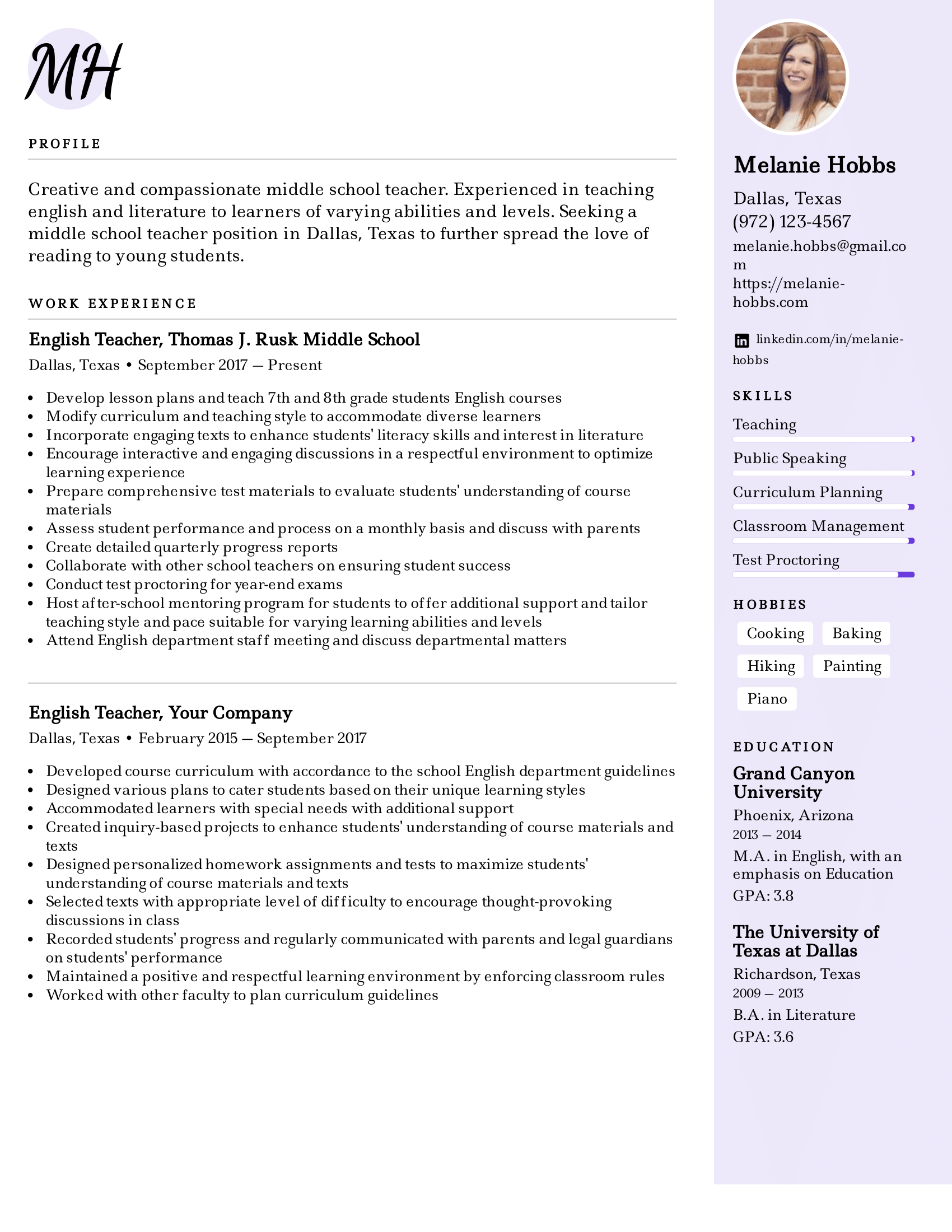After analyzing hundreds of Bartender Resumes, we've come up with one that you can use to get a head start on your own resume.







Let's cover the most important sections of a Bartender resume.
Bartenders should have a strong knowledge of beer, liquor, cocktails, and wine and are always willing to learn about different types of drinks. Great bartenders have a relentlessly positive attitude, are highly attentive and have enough patience to deal with even the most demanding customers. A bartenders ability to overcome adversity and deliver high quality service when things don't necessarily go according to plan showcases great skills and a sense of accountability to their team.
The resume summary or objective is the section that draws the most attention on your resume. It's where you need to prove in the fewest words possible that you're qualified to do the job, and you're up for the new challenge. It's important to tailor your resume summary to the job. Here's an example:
Veteran bartender and mixologist with 14 years of experience. Passionate for local ingredients, providing friendly and engaging customer service. Acquired a rich knowledge of the beverage world and skilled at quickly and efficiently producing high quality cocktails.
Read our guide on how to write the perfect resume summary to learn how to nail this section.
Here are some ideas on writing about your experiences and responsibilities as a Bartender on your resume depending on the level of experience you have.
Tip: Create a Strong Work Experience Section - It's important to include action verbs and quantify results. Use this list of over 350 resume action verbs as a guide to craft the most effective bullet points.
Tip: List Licenses & Certifications Correctly - Make sure to list any licenses or certifications on your resume in the right section for the best chance to win the interview.
This resume section is a good opportunity to highlight specific skills relevant for a Bartender job. Be sure to review the job requirements and adjust your skills accordingly. Take a look at the example Bartender below.
Learn how to format contact information on your resume and what information to share with the hiring manager.
Read this how-to guideDon't know whether you should write a one-page or two-page resume? Find out when it is appropriate to write a two-page resume and learn how to write it correctly.
Read this how-to guideIn this guide, we will cover everything you need to know about including references on a resume, from how to format them to how to know when they should be included at all.
Read this how-to guideYour work experience is a summary of all your hard work, dedication and achievements over the years. Here's how to do justice to your work history.
Read this how-to guideShow off your achievements and highlight your growth by listing your job promotions correctly and catch the eye of the recruiter.
Read this career-advice articleWith the world becoming more digitally focused, having strong computer skills is more important than ever. In this guide, we will cover what computer skills are and which ones are best to include on your resume.
Read this career-advice articleIf this is your first time creating a resume in Microsoft Word, the process may seem overwhelming. Luckily, this article is here to help! In this step-by-step guide, we will cover how to create an effective resume from start to finish using Microsoft Word.
Read this career-advice articleListing your jobs correctly on your resume is a must. In this guide, you will learn how to appropriately list your job title and catch the eye of the recruiter.
Read this career-advice article